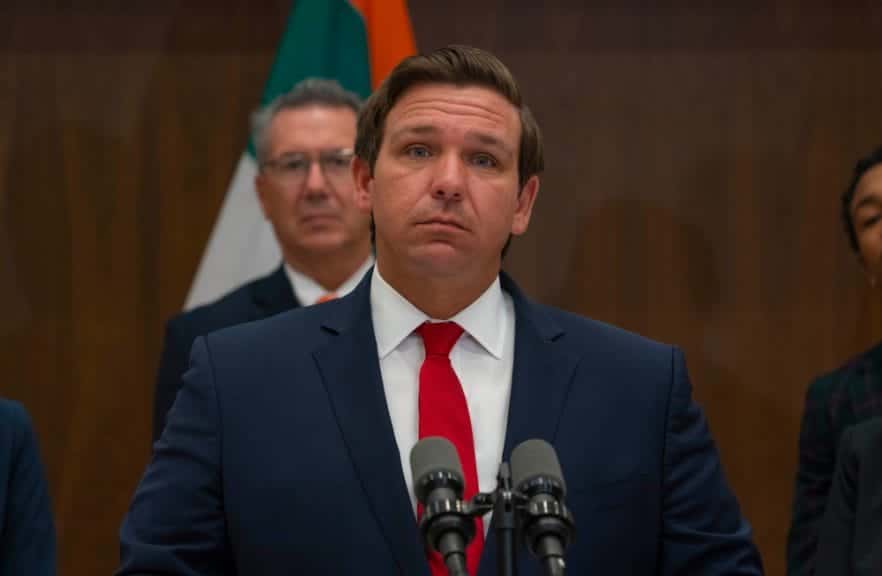Florida Governor Ron DeSantis signed a bill on Monday that will ban children under the age of 14 from having any social media account. The bill will also require 14-year-olds and 15-year-olds to get parental permission to create an account.
People under the age of 14 who currently have social media accounts will have their accounts deleted. Moreover, those under 16 who do not have parental consent will also have their accounts terminated.
The bill states that social media platforms that fail to delete accounts of those under 14 can be sued by the child who created the account. The creator of the account can sue the company for up to $10,000 in damages. Companies in violation of the law can also be liable for up to $50,000 per violation.
The bill will require social media platforms to use a third-party authentication system to screen those who may be under the legal age in Florida. The bill will become law on January 1st, 2025.
A similar bill had passed through the state legislature in Florida, in which Republicans sit in the majority. DeSantis vetoed the bill as it would have banned children under the age of 16 from social media completely. The governor said that this previous bill would overly limit parents’ rights.
What did the governor and members of the legislature have to say?
The Speaker of the House, Paul Renner, said that the bill was his top priority in the current legislative session. He went on to say: “A child in their brain development doesn’t have the ability to know that they’re being sucked into these addictive technologies.”
DeSantis, who recently dropped out of the Republican presidential primary, said: “Social media harms children in a variety of ways.” He continued in his statement that the bill “gives parents a greater ability to protect their children.”
“Ultimately, [we’re] trying to help parents navigate this very difficult terrain that we have now with raising kids, and so I appreciate the work that’s been put in,” DeSantis said in the bill-signing event.
Florida plans to ban children from social media, but what about elsewhere?
This bill in Florida follows a recent trend in the United States on curtailing children’s access to social media. One example of this is a similar bill that passed in the Utah legislature in March 2023.
Utah Governor Spencer Cox signed a bill that required explicit parental consent for anyone under 18 to use any social media platform. He also signed a bill that prohibited social media companies from using techniques that may cause younger people using their apps to develop an “addiction” to them.
Members of the Colorado state legislature have started the process of passing a similar bill to the one in Florida. This Colorado bill would see social media platforms display pop-ups that would let users who are under 18 know when they have spent an hour on social media per day. It would also display a pop-up when a social media platform was being used between 10 p.m. and 6 a.m.
Will opposition mount against the Florida bill banning under-14s from social media?
The bill will likely face opposition before it becomes law next January. For example, a similar bill in Arkansas that required parental permission for children to create new profiles was halted by a judge.
Meta, the parent company of platforms such as Facebook and Instagram, opposed the legislation. They cited reasons such as it would limit parental discretion. Meta also said it would raise data privacy concerns because of the personal nature of the information that users would have to give to verify their age.

Those in favor of the legislation say that it will halt the harmful effects of social media on the well-being of children. This stems from the worry that children who excessively use such platforms may develop anxiety and depression.
Those who oppose the bill say that it contravenes the free speech protections under the First Amendment of the U.S. Constitution. Some critics also believe that it is government overreach, saying that parents should make such decisions, not the government.














